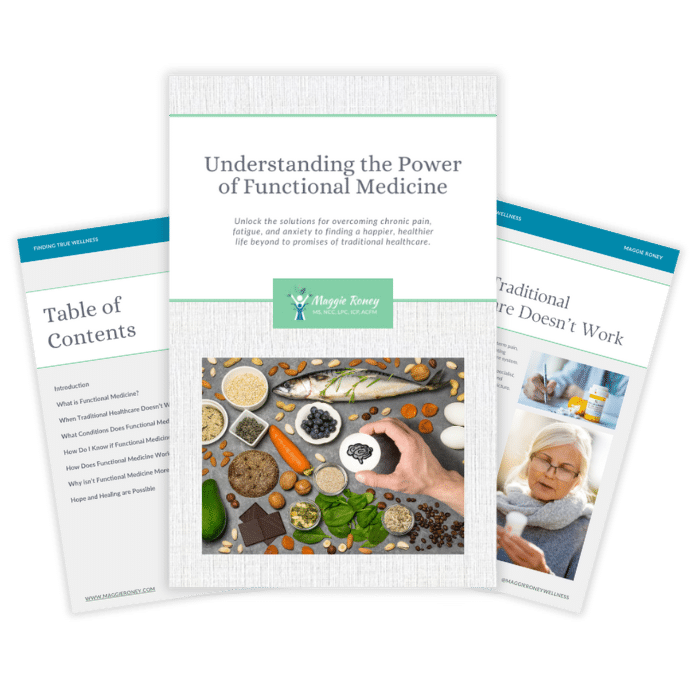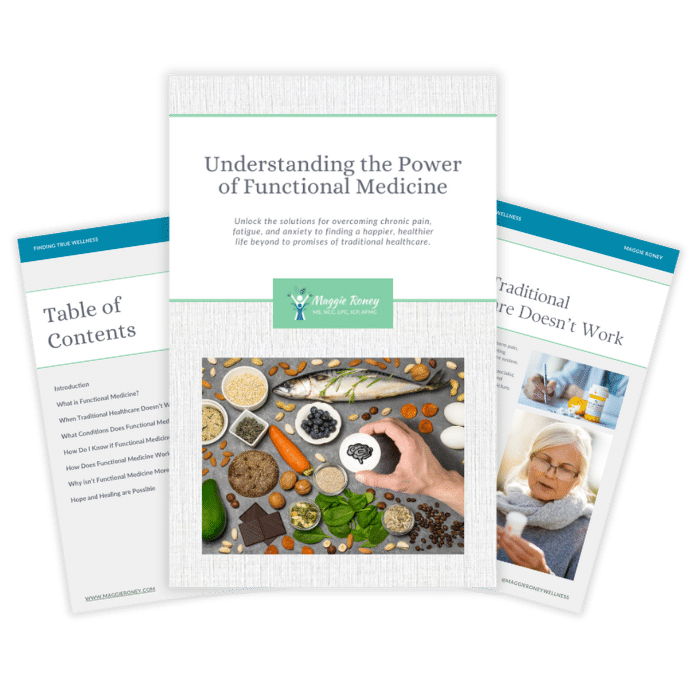Introduction: The Command Center of Our Bodies
Think of your nervous system as the “command center” of our body. The nervous system includes the brain, spinal cords, and a complex network of nerves. It is responsible for movement, thoughts, digestion, breathing, puberty, and our automatic response to the things around us.
Electrical signals are sent and received by and from other cells, glands, and muscles throughout your body via a large complex network of nerves. These nerves take in information from your surroundings. Your response is then determined by how your nerves process the information.
What is Neurotoxicity?
Neurotoxicity is a combination of two words; Neuro and Toxin. A toxin is an organic poison that is produced by the chemical processes of living organisms or cells that are unsafe for humans.
Neurotoxicity describes a disruption from the normal function of the brain and peripheral nervous system by exposure to naturally occurring or man-made toxins. Our nerves are at high risk of being damaged by these neurotoxins because of the nerves’ high metabolic rate. Once this happens our body system begins to falter in its functions.
Neurotoxicity is a big issue and if not properly treated. They (neurotoxins) enter our body in different ways; inhalation, injection, ingestion, or skin contact). The degree of exposure says it all and if the exposure is not too high the neurotoxicity’s effect can be reversed. Owing to this fact, it is possible that one survives its effect but not be fully recovered.
Common Causes of Neurotoxicity
Children and adults are both at risk of neurotoxicity and as such a danger to the human race. Humans may encounter a staggering 80,000 or more toxic chemicals as they work, play, sleep, and learn – so many that it is almost impossible to determine their individual effects on a person, let alone how they may interact or the cumulative impacts on the nervous system over a lifespan.
The extent to which a neurotoxin can alter nerve functions depends on the toxicity of the substance, the level of contact with the chemicals, , genetic vulnerability, and the individual’s health. Generally, neurotoxins come from external sources but neurotoxins like the neurotransmitters; nitric oxide and glutamate are internal sources (endogenous sources). In the nervous systems, they are important in cell communications but they become toxic to neurons when their concentration increases.
Nitric oxide when inhaled into the body system in high concentrations can rapidly react with oxygen in the lungs, once this reaction occurs a product (nitrogen dioxide) is formed. This product is a potent pulmonary irritant and it causes inflammation of the lungs.
The other neurotransmitter which is found in the body is glutamate, and when there’s excessive release of glutamate it triggers the stimulation of glutamate receptors which in turn increases the concentration of sodium and calcium ions in the body. The increase in these ion concentrations may directly cause neuronal damage and cell death.
Everyday Toxins
Common heavy metals, such as mercury and lead, are also neurotoxic to humans, but there are many others. Excessive inhalation of mercury may lead to damage to the gastrointestinal tract, kidneys, and nervous system. Lead, the body stores lead in the teeth and bone which accumulates over time.
Other sources of lead are lead paints and lead-contaminated dust in our environments. Excessive contact with this could result in damage to the nervous system especially the brain.
Other neurotoxic chemicals are;
- Radiation
- Cosmetics
- Chemotherapy drugs
- Pesticides
- Car exhaust
- Cleaning Products
- Cosmetic and Personal Care Products
- Other pharmaceutical drugs
- Common food additives, such as aspartame, MSG, artificial colors, and preservatives like BHA
- Over exposure to EMF
Symptoms of the condition
The effects of neurotoxicity can either be temporary or long lasting. Temporary symptoms are reversible, for example, poor coordination and slipped words as a result of alcohol consumption. Cognitive symptoms on the other hand are not as easily reversible, and when not treated accordingly could be fatal. An example is excessive consumption of heavy metals (lead and mercury), which could lead to the death of the individual. Symptoms of neurotoxicity are;
- Headache
- Numbness or limb weakness
- Heavy metal exposure: Cerebellar dysfunction, manifested by ataxia, intention tremor, and lack of coordination
- Sexual dysfunction
- behavioral and cognitive issues
- Depression
- Imbalance
- Flu-like symptoms
- Encephalopathy (altered/damaged function of the brain). Headache, weariness, disorientation, loss of attention and short-term memory, lack of motor coordination, and the resulting gait irregularity, nausea, and dizziness are the most common indications and symptoms
- ADD/ADHD
- Fatigue
- Sleep problems
- Tinnitus
- Loss of sense of touch
Individuals sometimes experience symptoms immediately after exposure or are delayed. The clinical sign could be seen within 8-90 days after exposure.
Diagnosis
The nerve conduction test is the most effective way to determine whether the peripheral nervous system has been impacted. Pupilography, computerized balance heart rate variability, triple-camera SPECT brain imaging, and neuropsychological testing are some of the tests used to identify brain injury.
Diagnosis can also be done through different types of blood tests such as heavy metals and inflammatory markers.
Treatment
Elimination or decrease of the toxic substance combined with therapy to address symptoms or offer support constitutes the treatment strategy for neurotoxicity. The length, level, and severity of neurological impairment all affect the prognosis.
The treatment of neurotoxicity depends on the symptoms. Acupuncture, herbal remedies and nutritional supplements, and nutritional counseling are all forms of treatment. After treatment, a lot of people fully recover. Some people might live, but they might not fully recover.
Next Steps
Are you experiencing similar symptoms? Do you have someone you’re taking care of who is experiencing similar symptoms? I am here to help you. Let us take a confident step towards better health. Hope and healing begin today. I would love to meet with you and have a discussion on steps toward bettering your health. Contact me today.



